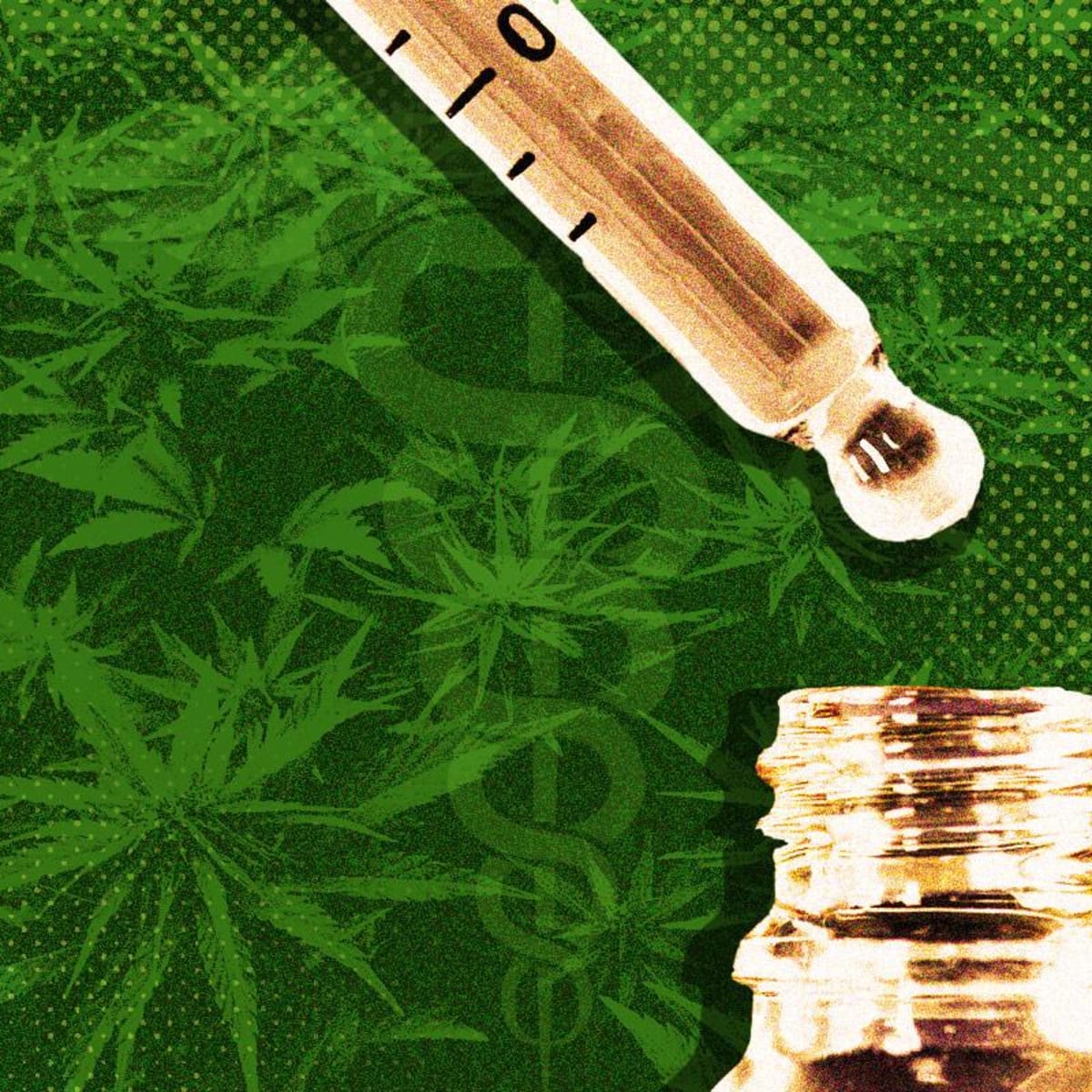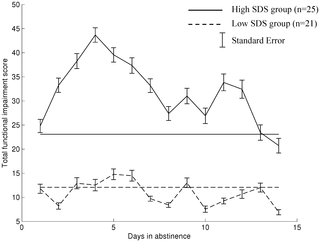
Lupus is an inflammatory and complex condition that can affect many parts of the human body including the joints, skin, heart and lungs. The disease can cause flare ups that make it hard for patients to perform their everyday tasks. They may also feel tired and in pain and their eating habits can be affected.
The majority of lupus patients take long-term medications with side effects. But a growing group is looking for natural alternatives. CBD oil can be an effective treatment with minimal side effects. It can reduce inflammation, ease symptoms, and improve quality of life.
Dosage for CBD in Lupus
The best CBD dosage for lupus varies depending on severity. Most people will find that a daily dose of between 30 and fifty milligrams is beneficial. It can be taken as a capsule, syringe or edible. Start with a small dose and gradually increase it.

Strains that cause lupus
Cannabis is a great treatment for chronic diseases such as lupus. Cannabis helps balance out the immune systems and decrease inflammation. This is because a high concentration of CBD can interact with the CB1 and CB2 cannabinoid receptors in your endocannabinoid system, which are responsible for controlling inflammation.
Strawberry Cough is an excellent strain to help treat fatigue, pain and other symptoms associated with Lupus. It offers a calming affect and can increase energy. This strain is also a great choice for those who struggle with depression, as it can boost your mood and increase feelings of joy and happiness.
Cannatonic contains both CBD as well as THC and is therefore a good strain to help treat lupus symptoms. It is also popular for treating arthritis symptoms, as it reduces pain and inflammation.
Essential oils for lupus
Aromatherapy may not be the best option for everyone, but it is safe and effective when used by lupus victims. These include frankincense, which is highly effective at reducing inflammation, lavender and helichrysum oils, which can help to support the nervous system, and ginger oil, which has anti-inflammatory properties.

Other oils that may be beneficial for lupus are rosemary, which has astringent properties and is helpful for digestive issues, as well as turmeric, which can reduce inflammation in the joints. These essential oils can either be massaged onto the skin or added to warm bath water.
Edibles for lupus
Eating or chewing helps some people with lupus relax their body and reduce symptoms, especially if they use cannabis. This is because cannabidiol has been shown to have a sedative effect and can help to relieve the symptoms of lupus, such as sleepiness or stress.
It is important to discuss essential oils with your healthcare provider if you suffer from lupus. These oils have a high potency, and each person will have different requirements.
FAQ
Where can you buy CBD products
You can purchase CBD online or at local retail stores. Online retailers are more likely to offer you better deals. Many websites offer CBD products that are made from industrial hemp. This product contains less than 0.3% THC.
Look for local businesses that sell CBD products.
Many states now have laws allowing consumers to buy CBD products without a prescription. If you live in one of those states, you may be able to buy CBD products at your local pharmacy.
You may even be able to get CBD products delivered directly to your door.
What is the future of the CBD industry?
The future of the CBD industry is bright. It is clear why so many people are getting on board with this industry. It's easy to see why this market is growing exponentially, with CBD products generating over $1 billion in global sales.
Statista estimates that worldwide cannabidiol sales will hit $22.4 billion by 2019. This is an almost 200% increase from 2018!
It is also expected that the CBD market will grow at a compound annual growth of 22.5%. That would translate to approximately $6.8 million in revenue by 2020.
This is great news for companies looking to enter this space as well as those already operating in the sector. But, it is important to remember that the CBD industry is still in its infancy. There will be many challenges.
Is there evidence that CBD reduces anxiety?
CBD oil has the ability to alleviate anxiety by interfacing with certain receptors within the brain, CB1 and CB2. The endocannabinoid systems regulates mood and stress response.
CB1 receptor activation occurs when our bodies feel anxious. This receptor activates and sends signals to amygdala which is responsible for emotional processing.
If the CB1 receptor becomes blocked, the brain doesn't get the signal to express emotions. CBD users experience less negative emotions.
2017 study found that CBD helps reduce anxiety in social phobia patients. Another study confirmed that CBD can reduce symptoms associated with PTSD.
An 2018 review found that CBD is anxiolytic and can help with generalized anxiety disorder.
Another study concluded that CBD may help with panic attacks.
Numerous studies have found that CBD can increase anxiety in mice.
The researchers believe that this discrepancy between human data and animal results may be due to differences in how humans and animals respond to CBD.
There are no long-term safety studies available for CBD. But, experts are unanimous in their belief that CBD is safe when used according to directions.
Can I use CBD during pregnancy?
There isn't enough research to know if CBD is safe to use during pregnancy.
It is not possible to prove that CBD causes harm to the baby, based on what little information there is.
Pregnant women shouldn't take CBD unless they are advised by their doctor.
The Food and Drug Administration published a warning about potential health risks when CBD is taken while pregnant.
FDA claims that "there are some evidences that cannabis consumption during pregnancy may increase the likelihood of miscarriage."
The agency said that more research is needed to reach a firm conclusion.
How can companies successfully market CBD products in a regulation-compliant manner?
The FDA does NOT regulate hemp as an agriculture commodity. The FDA regulates cannabis derivatives (e.g. marijuana) under the Controlled Substances Act. CBD has not been subject to any specific regulations.
CBD is legal in 29 states. However it is still illegal under federal law. This uncertainty creates uncertainty for CBD product sellers.
The FDA also maintains strict guidelines on how CBD products may be marketed. For example, they must clearly disclose any product's THC content. Without scientific evidence supporting this claim, CBD cannot be used to treat certain medical conditions.
Additionally, the FDA requires manufacturers submit information about manufacturing practices and quality control. To prove safety and effectiveness, they require that companies conduct clinical trials.
Companies should consider these factors when developing their own marketing strategies.
Is CBD a viable option?
Yes. But not because of its medical benefits but rather due to its ability to help people feel better without getting high.
The fact that it doesn't make you feel any different when you use it makes it perfect for those who are looking for an alternative to prescription drugs.
As we have seen in studies, cannabis has been shown to be effective in treating pain, anxiety and depression.
Cannabinoids are also found in cannabis, which interact with brain receptors. This interaction results in feelings of relaxation as well as well-being.
If you are interested in cannabidiol oil (CBD) for your health, it is important to know what it is and how it affects you.
Statistics
- however, one study also found that these effects were virtually abolished when the original media (a nutrient broth agar) was replaced with one containing 5% blood (increasing the minimum concentration to ~160 μM CBD) [179]. (ncbi.nlm.nih.gov)
- While the primary injury may not be treatable, interventions that attenuate secondary sequelae are likely to be of benefit [203].Only one study (ncbi.nlm.nih.gov)
- A recent systematic review of human trials also reported that individuals with epilepsy receiving CBD (5–20 mg·kg−1·day−1) were more likely to experience decreased appetite than those receiving placebo (i.e., ~20 vs. 5% of patients) (ncbi.nlm.nih.gov)
- The use of these products is likely to become even more widespread if the World Health Organization's recommendation that CBD no longer is scheduled in the international drug control conventions is adopted by the United Nations member states [201]. (ncbi.nlm.nih.gov)
- A recent study [161] also found that in vitro CBD treatment (i.e., ≤ 2 h exposure to 10 μM) induced ~40% vasorelaxation in isolated (pre-constricted) (ncbi.nlm.nih.gov)
External Links
How To
How to Get Certified To Sell CBD Products
CBD (cannabidiol) is one of the hundreds of cannabinoids found in cannabis plants. It has been used medicinally since ancient times, including in traditional China, India, and many South American nations. In recent years, however, its popularity has skyrocketed due to its ability to treat conditions like anxiety, pain, epilepsy, and inflammation. If you're looking to sell CBD products, however, there isn't an official certification program. At least not in the U.S.
There are two methods to do this. The first way is to join an association of local cannabusiness owners. This will allow you to share your knowledge with others, as well as receive advice and support. There are currently dozens of associations around the country. The second option is to take your business online. The majority of states allow cannabusinesses to be online. If you have the permission, you can start accepting orders and set up your website. However, you will still need to register at your state's Department of Public Health. Once you have registered, your state's Department for Public Health will issue you a license. Once you have your license, it is legal to open your shop and accept orders.